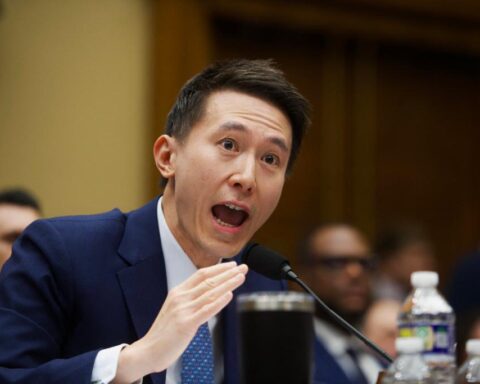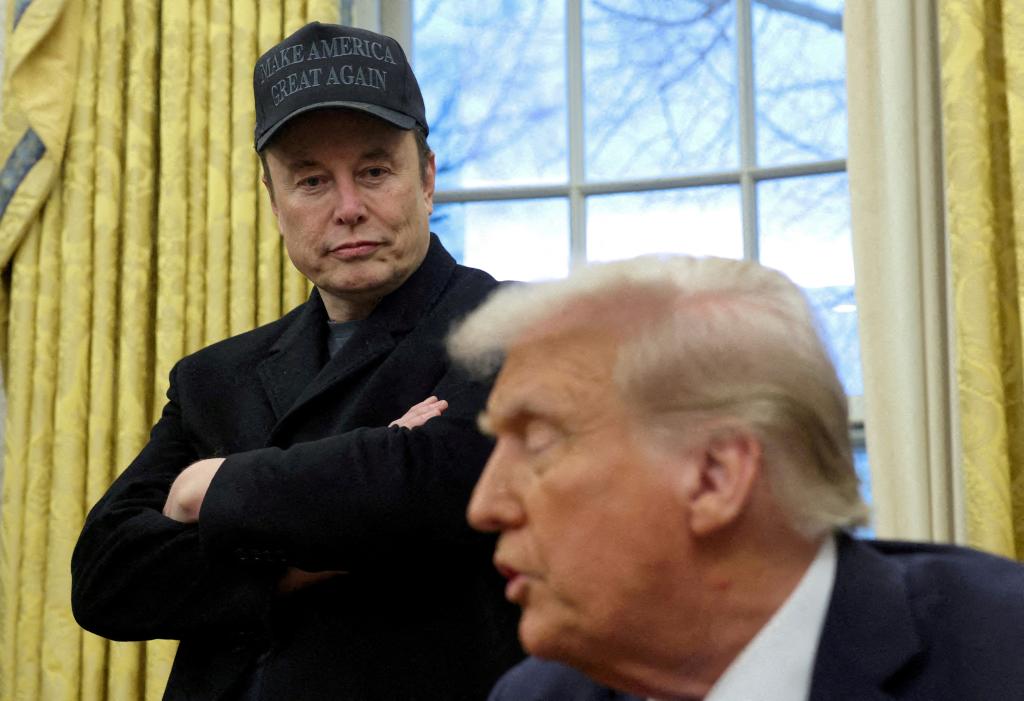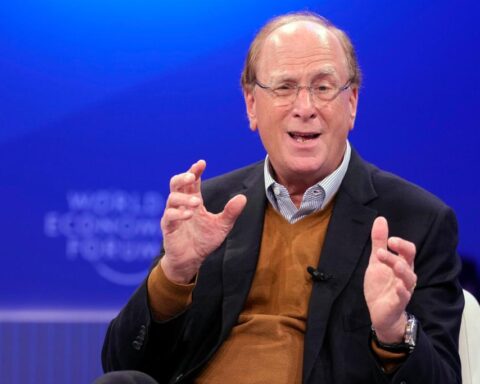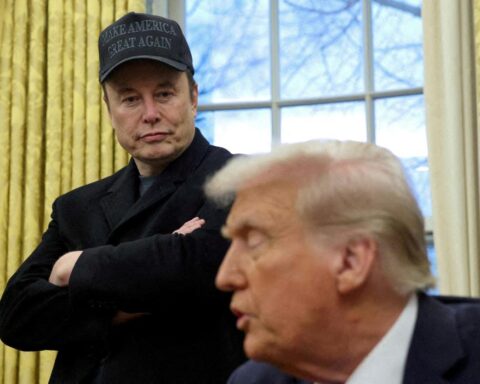Zoop and the Hbar Foundation seek to reshape the future of social media with a creator-first model.
In a surprising turn of events, Tim Stokely, the billionaire founder of OnlyFans, has submitted a late-stage bid to acquire TikTok, the short-form video app currently owned by Chinese tech giant ByteDance. Stokely’s new venture, Zoop, has partnered with the Hbar Foundation, which manages the Hedera cryptocurrency network’s treasury, to put forth a competitive proposal.
The bid, sent to the White House earlier this week, aims to offer an alternative vision for TikTok’s future—one that prioritizes creators and their communities.
A Paradigm Shift in Social Media Ownership
Unlike OnlyFans, which is primarily associated with adult content, Zoop is a family-friendly platform that distributes the majority of its revenue back to content creators. The initiative, according to Zoop co-founder RJ Phillips, is about more than just changing ownership—it represents a shift in how online platforms operate.
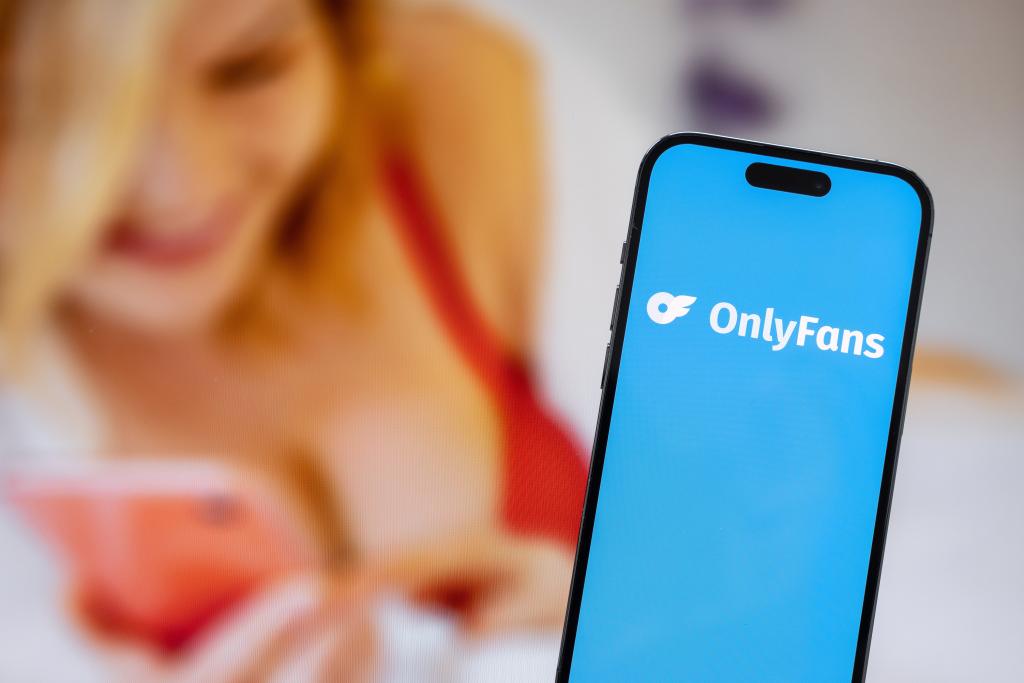
“Our bid for TikTok isn’t just about changing ownership, it’s about creating a new paradigm where both creators and their communities benefit directly from the value they generate,” Phillips told Reuters.
The partners behind the bid have reportedly been working with a consortium of investors, though Phillips has declined to disclose details about the bid’s financial structure or backers.
A High-Stakes Bidding War
The bid from Zoop and Hbar enters an increasingly competitive race for TikTok’s U.S. operations. On Wednesday, The New York Times reported that Amazon had also placed a last-minute offer. The tech giant’s involvement adds another layer of intrigue to the ongoing negotiations.
President Donald Trump is expected to review the proposals and decide TikTok’s fate. ByteDance faces an April 5 deadline to either divest from TikTok or face a U.S. ban on national security grounds, as mandated by legislation passed in January. The law, which garnered bipartisan support, reflects concerns that TikTok’s Chinese ownership could allow the Chinese government to exert undue influence over American users.
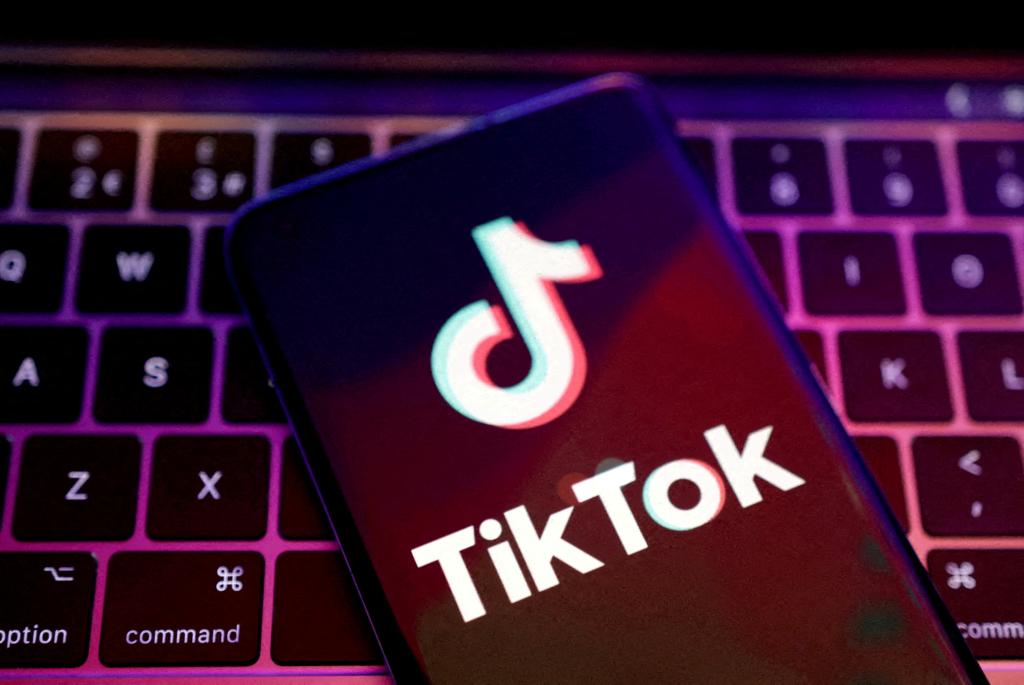
TikTok’s Legal and Political Battle
TikTok and its supporters argue that a ban would violate the First Amendment of the U.S. Constitution by restricting access to foreign media. Trump has previously delayed the enforcement of the divestment law, citing the need to negotiate a deal that ensures a secure and beneficial outcome for U.S. users.
Reports suggest that discussions surrounding TikTok’s sale have largely centered on a plan in which major non-Chinese investors in ByteDance would increase their stakes and acquire the app’s U.S. operations. Trump confirmed last month that his administration was in discussions with four different groups about a potential TikTok deal but did not specify their identities.
The White House’s Unusual Role
With Vice President JD Vance overseeing the auction-like sale process, the White House has taken on an unprecedented role in shaping the future of one of the world’s most influential social media platforms. The administration’s decision will have profound implications, not just for TikTok’s 170 million American users, but for the broader digital landscape.
As the April 5 deadline looms, all eyes are on Washington to determine who will take control of TikTok’s future—and whether Zoop’s vision of a decentralized, creator-driven platform will prevail




